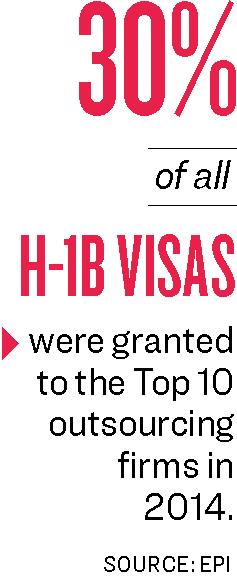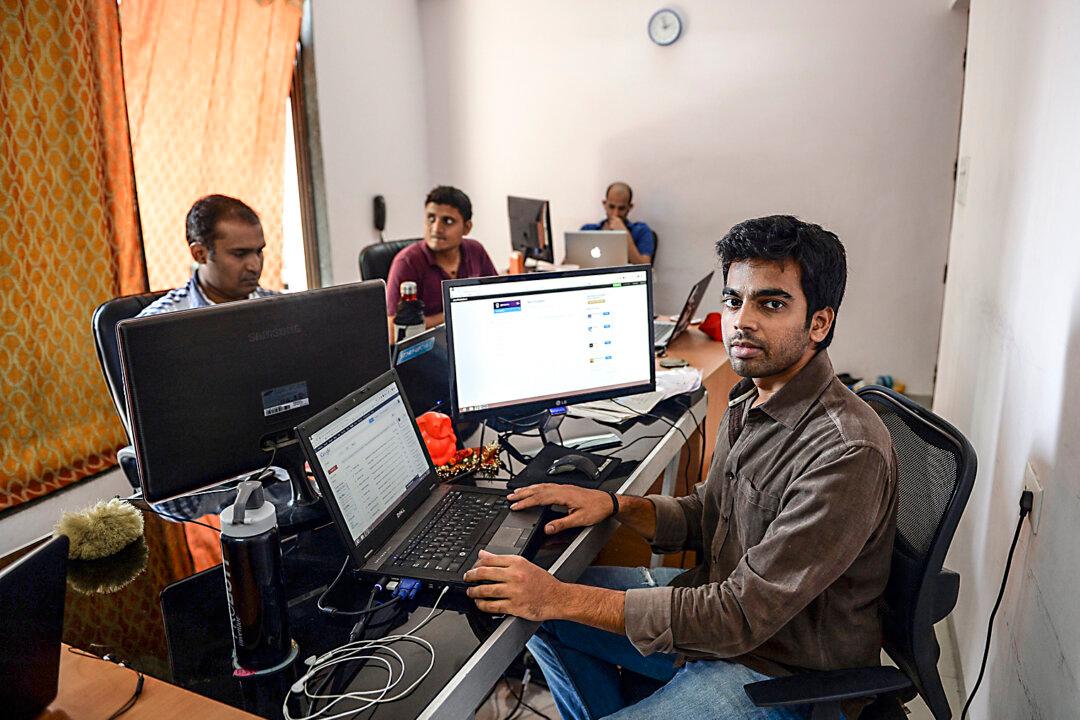Uncertainty is rippling through the business world with the release of President Donald Trump’s recent executive order on the H-1B visa program that mainly targets abuses by Indian outsourcing companies.

*


Uncertainty is rippling through the business world with the release of President Donald Trump’s recent executive order on the H-1B visa program that mainly targets abuses by Indian outsourcing companies.
